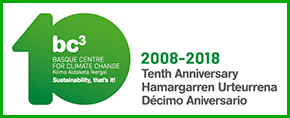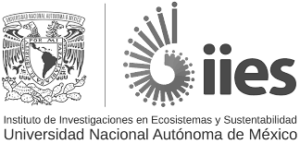In order to secure more ethical and more effective approaches for nature conservation, social and environmental equity needs to be integrated as a key aspect in environmental governance. This involves recognizing and creating transparent and participatory mechanisms that can explicitly include the voices of the diversity of stakes and worldviews about human-nature relations. This necessarily requires that valuation of biodiversity (a shorthand for nature or any biotic system as seen by modern science, or other knowledge systems) is equitable.
Project overview

It implies: recognition of worldviews, guaranteeing transparent participation of stakeholders, and being mindful of the distribution of benefits and burdens of valuation-based decisions. EQUIVAL provides the seed for a highly ambitious future transdisciplinary (integration of multiple disciplines, multiple stakeholders through effective participatory) project that will seek to develop an Atlas of on-the ground cases in the Global South to understand the impact on nature of equitable valuation and decision-making processes as well as the opportunities and challenges these processes face under varying social-ecological conditions.



